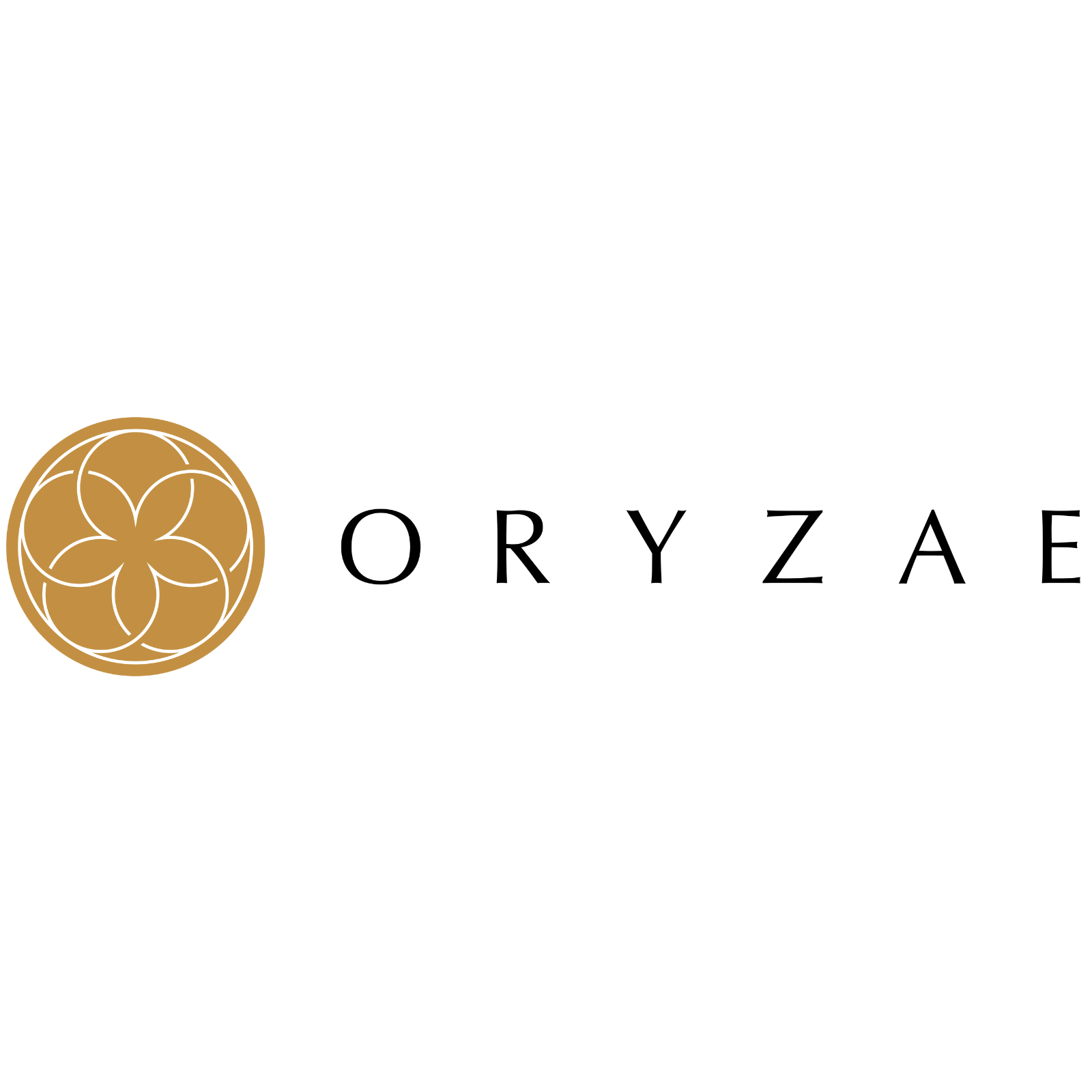

ORYZAE Inc.

Tokyo, Japan
February 2025
Food products
Manufacturing
Japan
In 2018, inspired by the transformative power of fermentation to address global challenges, the founder established ORYZAE. Motivated by the growing concerns over health issues, environmental degradation, and the erosion of traditional cultures, the company was born from a belief in the potential of "delicious" to resonate and engage people in these causes. Through products based on rice koji and other fermentation processes, ORYZAE aims to deliver health benefits and foster a future where increased consumption enhances not only personal wellness and happiness but also the beauty and sustainability of our planet. Mission: Fermenting the Earth ORYZAE is committed to the philosophy and technology of fermentation to preserve the beauty of our planet for future generations. The company upholds a harmonious coexistence between humanity and nature, emphasizing the role of fermentation in nurturing and sustaining the global environment. Vision: Crafting a Better Future with Hakko With a rich legacy of over 8,000 years, fermentation technology has nurtured societies. ORYZAE harnesses this ancient wisdom to develop products and services designed to improve the world incrementally. Their vision is focused on innovation and traditional reverence, aiming to make a tangible positive impact
Overall B Impact Score
Governance 8.3
Governance evaluates a company's overall mission, engagement around its social/environmental impact, ethics, and transparency. This section also evaluates the ability of a company to protect their mission and formally consider stakeholders in decision making through their corporate structure (e.g. benefit corporation) or corporate governing documents.
What is this? A company with an Impact Business Model is intentionally designed to create a specific positive outcome for one of its stakeholders - such as workers, community, environment, or customers.
Workers 26.8
Workers evaluates a company’s contributions to its employees’ financial security, health & safety, wellness, career development, and engagement & satisfaction. In addition, this section recognizes business models designed to benefit workers, such as companies that are at least 40% owned by non-executive employees and those that have workforce development programs to support individuals with barriers to employment.
Community 28.8
Community evaluates a company’s engagement with and impact on the communities in which it operates, hires from, and sources from. Topics include diversity, equity & inclusion, economic impact, civic engagement, charitable giving, and supply chain management. In addition, this section recognizes business models that are designed to address specific community-oriented problems, such as poverty alleviation through fair trade sourcing or distribution via microenterprises, producer cooperative models, locally focused economic development, and formal charitable giving commitments.
What is this? A company with an Impact Business Model is intentionally designed to create a specific positive outcome for one of its stakeholders - such as workers, community, environment, or customers.
Environment 14.7
Environment evaluates a company’s overall environmental management practices as well as its impact on the air, climate, water, land, and biodiversity. This includes the direct impact of a company’s operations and, when applicable its supply chain and distribution channels. This section also recognizes companies with environmentally innovative production processes and those that sell products or services that have a positive environmental impact. Some examples might include products and services that create renewable energy, reduce consumption or waste, conserve land or wildlife, provide less toxic alternatives to the market, or educate people about environmental problems.
What is this? A company with an Impact Business Model is intentionally designed to create a specific positive outcome for one of its stakeholders - such as workers, community, environment, or customers.
Customers 3.5
Customers evaluates a company’s stewardship of its customers through the quality of its products and services, ethical marketing, data privacy and security, and feedback channels. In addition, this section recognizes products or services that are designed to address a particular social problem for or through its customers, such as health or educational products, arts & media products, serving underserved customers/clients, and services that improve the social impact of other businesses or organizations.